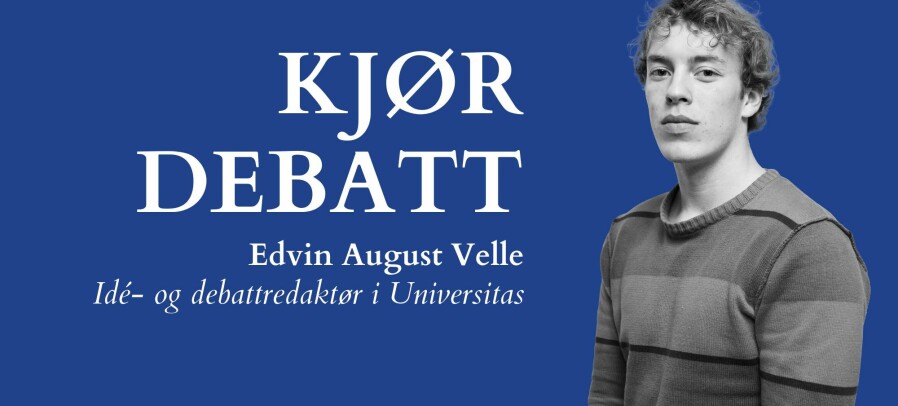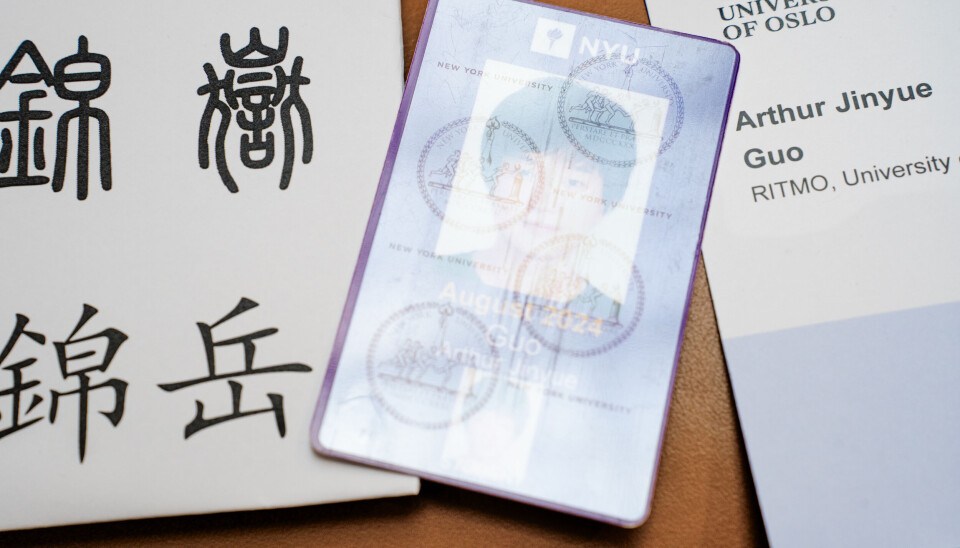
Lost in Translation: The Boundaries of identity
Arthur – Guō Jǐnyuè 郭锦岳 (28) reflects on the use of English names among Chinese students who move to western countries.
It isn’t uncommon for students to struggle with feeling a sense of belonging when moving abroad to a different country. For Chinese internationals, this belonging sometimes comes in the form of a new name.
This practice has changed widely in the last decades, as observed by Mette Hansen – a Chinese Studies Professor at UiO.
– In the last 10 years, approximately, it looks like it has become more of an active choice or an active rejection. If we look back to the 80s and 90s, it was something you did because you were assigned this name and you were in a way expected to use it, says Hansen.
As such, it has evolved from a predominant practice into a mixed panorama, where some will choose to have their Chinese name only, and some will choose to re-name themselves.
Arthur – Guō Jǐnyuè is part of this latter community.
The true origin behind anglicized names
When asked to introduce himself, there’s brief hesitation and soft laughter followed by a silence, which shows the irony of the situation.
– My name is… Arthur. Or my Chinese name is Jǐnyuè
Jǐnyuè did his undergraduate studies in China and moved to the United States for his Master's. Afterwards, he landed a job in Shanghai, and in 2023, he got a PhD opportunity at the University of Oslo. But as he describes, his anglicized name came long before his studies in America.
– Back in China, the job for the English teacher in the very first class is to pick an English name for each kid, which is where most of us got our English names. So, it's actually way earlier than when I moved to the States. My kindergarten teacher named me Michael, and my primary teacher gave me Arthur.
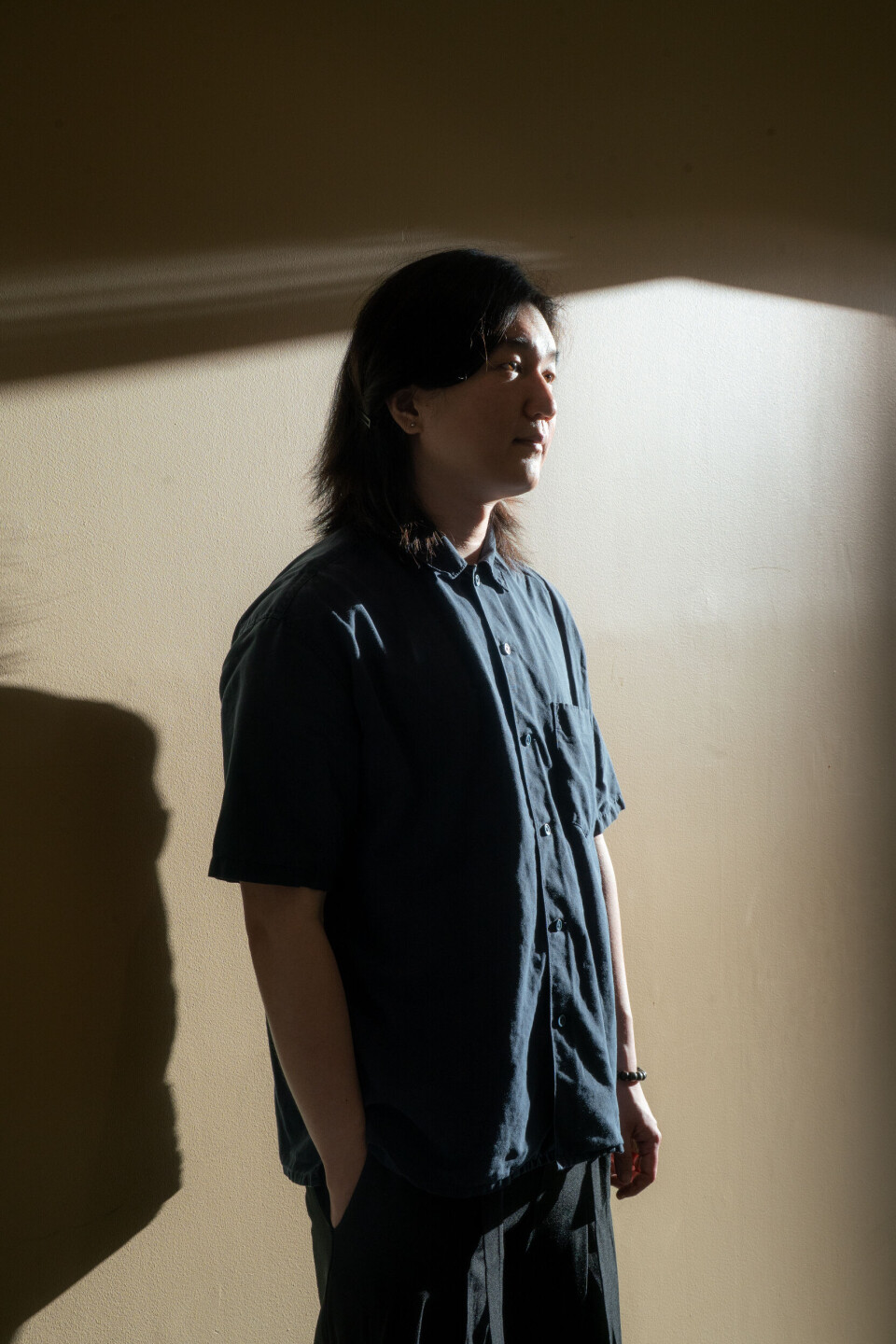
Arthur reports that there was no pressure from family or friends, but he acknowledges the role of Chinese education in his decision, as he says:
– At school, we were sort of trained to use our English names whenever we were speaking English. So, I just picked up a name that I had already been using.
Although his anglicized name originated in English-speaking settings, its use quickly expanded both over time and overseas.
– My high school friends referred to me as Arthur, and some don't even know my real Chinese name. Even the Chinese friends I met in the States call me Arthur. I also wonder if they actually know my Chinese name.
As Arthur describes, the boundaries between ‘Arthur’ and ‘Jǐnyuè’ is blurred.
What’s in a name?
I barely get my name correctly pronounced. At the beginning, I didn't feel offended. I just didn't know they were calling me.
As Jǐnyuè’s awareness has sharpened, he has noticed that reactions to his name(s) often reveal more about the others than about himself. He describes how ‘I'm Arthur’ or ‘I'm Jǐnyuè’ can evoke distinctive responses:
– The more ignorant people don't even care about your foreign name. However, there are indeed many people who are respectful towards your culture, but it’s really hard for them to memorize your name, and they just forget about it.
Mispronunciation has also been evidenced through these interactions, conveying a bit more than just a simplistic slip, and tracing a gradual process of getting used to being slightly misunderstood.
– I barely get my name correctly pronounced.
Arthur describes this experience as a curve that goes back to the starting point.
– At the beginning, I didn't feel offended. I just didn't realize they were calling my name. At one point though, I did feel upset, it began to feel a bit disrespectful. Says Arthur, and adds
– But now, maybe due to the Norwegian pronunciation, I know that they're referring to me. I got used to it, and I don't feel that bad anymore.
Both a real name
Arthur takes a stance on what he believes to be intrusive and acceptable from others, drawing a line between curiosity and attitudes undermining his identity.
– Some will just ask, ‘What's your real name?’ And to be honest, I feel like that question is a bit offensive. Even if the name Arthur is picked by me, you can't just say that that isn't my real name; it’s a name that I also identify with.
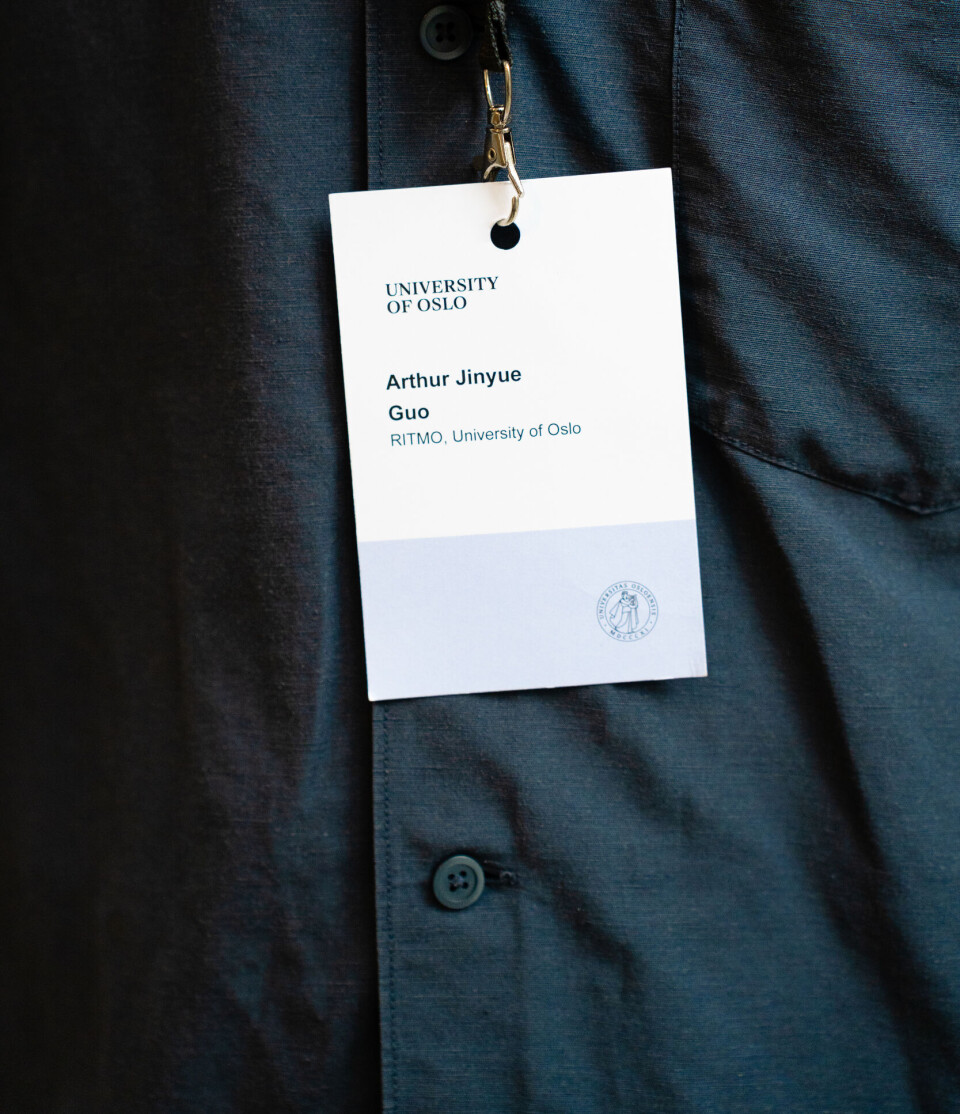
When asked about what would be appropriate to say instead, Jǐnyuè explained:
– In Norway, I met many people who asked the question in a more acceptable way. Like, ‘Do you have a Chinese name?’. I think that's a valid question I would be happy with.
Arthur also describes how he, as a student, managed to combine these two names within the Norwegian education system.
– I didn't get to officially choose a preferred name at UiO. I got Arthur in my profile page, but on my student ID card, it's still Jǐnyuè. But when I get a badge at conferences, then I write Arthur again before Jǐnyuè. It's kind of like moving back and forth.
In the process of negotiating his identity across cultures, he has also found understanding in his autonomy to choose how to be addressed by his direct community in Oslo. As he states:
– When I first came here, my supervisor also asked me if I preferred the name Arthur, because our lab had one Chinese student before me, and he just went with his Chinese name for the entire time.
The cultural significance of Chinese names.
In China, names aren’t arbitrary labels but carefully constructed symbols. ‘锦岳 /Jǐnyuè/’ is designed following the five-element theory, a popular Chinese folk belief that correlates date of birth with elements. According to it, Jǐnyuè lacks metal [钅] and earth [山], hence, those characters are merged into his name.
钅→ 锦
山 → 岳
– Another reason I chose to let people refer to me as Arthur is that the Latinization of my Chinese name (Jǐnyuè) is less connected to my personal identity. I'm connected to the Chinese characters, and we never used the Latinization version while growing up.
He reflects on his split identity between ‘Arthur’ and ‘Jǐnyuè’, as each seems to bring out subtle differences in his behaviour, as they correlate to different parts of his life:
– I will slightly adjust my behaviour, especially if someone calls me Jǐnyuè. There are certain restrictions and social norms when we're back in China, and the English name is less related to them. But I do feel equally free when I am called both names.
Jǐnyuè also worries about being out of touch with his cultural identity and heritage, as he notices:
– When I started to use Arthur, it felt completely fine because that's the name I chose. But now, I've been abroad for five years, and I start to feel like it creates a separate identity of myself.
There are certain restrictions and social norms when we're back in China, and the English name is less related to them
It’s a quiet but odd realization, the moment that Arthur noticed that his Chinese name had almost disappeared from his everyday life interactions. He says:
– After I came to Oslo, there was one day I just suddenly realized that no one in my real life is ever calling me by my Chinese name. Everyone's referring to me as Arthur, and all the memories that are linked to Jinyue are sort of fading away.
Jǐnyuè elaborates further, pointing out this realization as a common trend among his circle.
– I’ve seen that many of my Chinese friends who are abroad started to feel this. After a few years of using the English name, people have this realization that the other will probably fade out completely if they don't do anything about it.
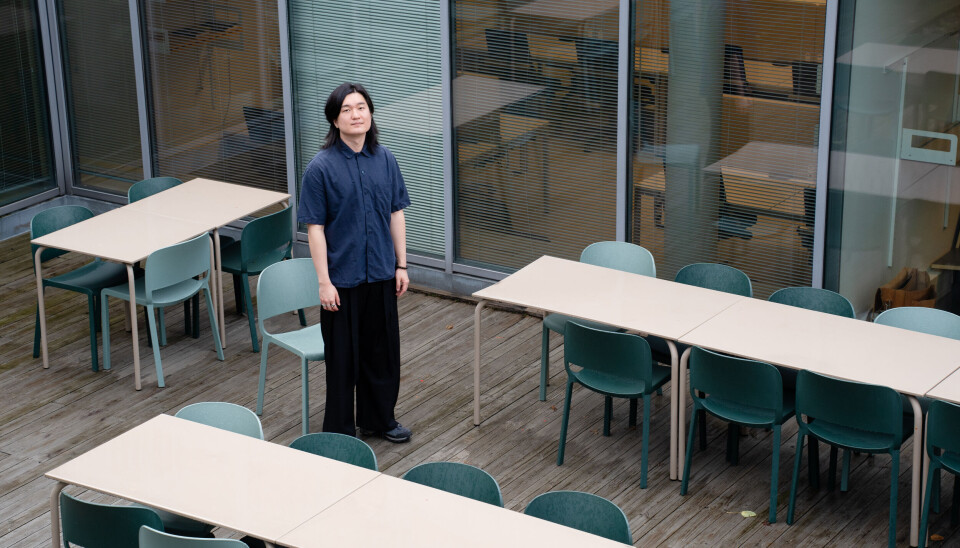
The future direction of ‘Arthur’ and ‘Jǐnyuè’
Despite the recent mindset switch due to his worry of losing sight of 'Jǐnyuè', he wonders what it means to carry both names into his future.
–I'm not sure if I should completely drop ‘Arthur’ because I wouldn't say it's foreign or external to me. I don't feel it's in any way not myself. My ideal case would be if both coexist equally, but that depends on how much respect people have towards this different culture.
Putting both experiences into perspective, Jǐnyuè balances out the opportunities and limitations of attempting a cross-cultural continuity of both names.
– I do think in Norway, people are in general more respectful to foreign cultures, at least compared to the United States. But in terms of people's actual Chinese cultural knowledge, it's complicated. If you don't have this, I can’t explain how my Chinese name works to you.
In the end, Arthur 郭锦岳 leaves a reminder to other Chinese students who live abroad that the equilibrium between recognition and authenticity is a personal journey.
– You have a higher chance of being remembered by people if you pick an English name. But even if that's the case, it's completely on your own to decide if you want an English name or not, because your Chinese name is also very important and has many values.




















